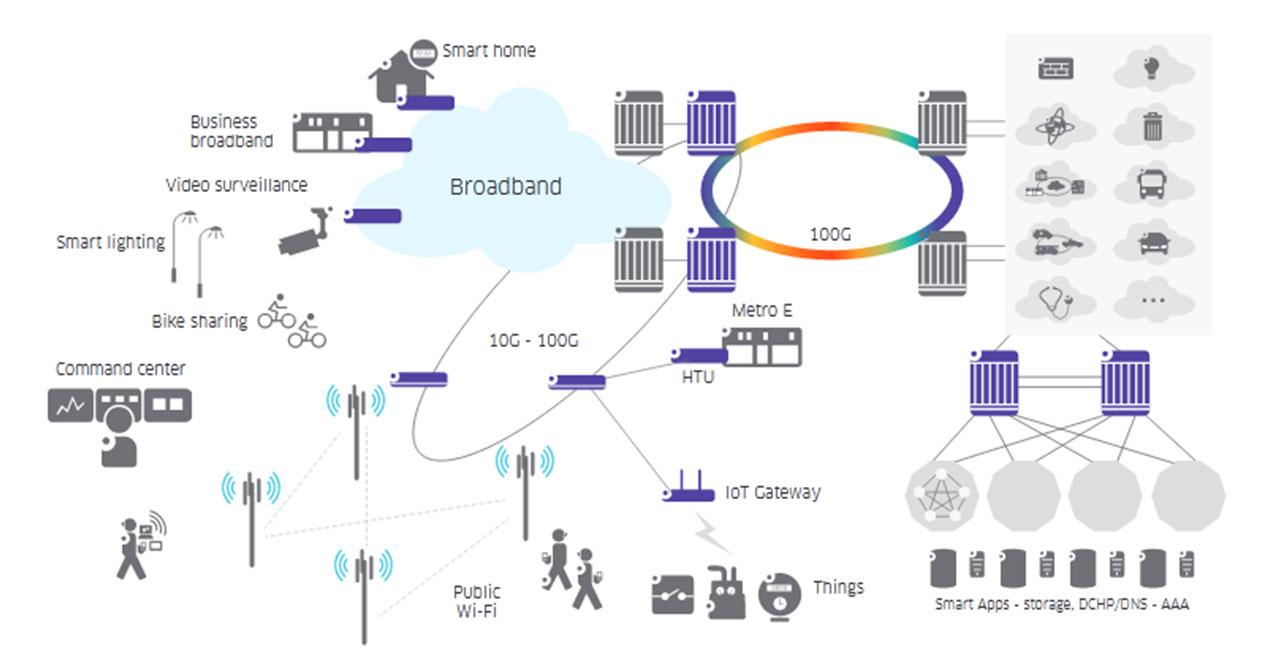Overview
A smart city uses information and communications technology (ICT) to enhance its live-ability, workability and sustainability. First, a smart city collects information about itself through sensors, other devices and existing systems. Next, it communicates that data using wired or wireless networks. Third, it analyzes that data to understand what’s happening now and what’s likely to happen next.”
- Smart Lighting
- Smart Parking
- Smart Bins & Garbage monitor
- Smart Metering
- Smart Agri-farm Automations
- Soil Moisture Sensor and Control System
- Environmental – Dust , Air Quality ,Temperature, Humidity

Smart Transit
Improve rider safety and satisfactions well as ridership with video surveillance, on-board Wi-Fi and entertainment and real-time schedule information. Real-time vehicle location tracking provides live updates through an app or smart display at the bus stop.
Smart Waste Management
Reduce waste collection activities, fleets, fuel use and CO2 emissions with smart bins that can compact waste and inform their fill level.
Smart Metering
Reduce water and electricity waste or theft with smart meters that can measure and report use in near real-time.
Video Surveillance
Improve public safety with license plate recognition, vehicle tracking, facial recognition and analytics.